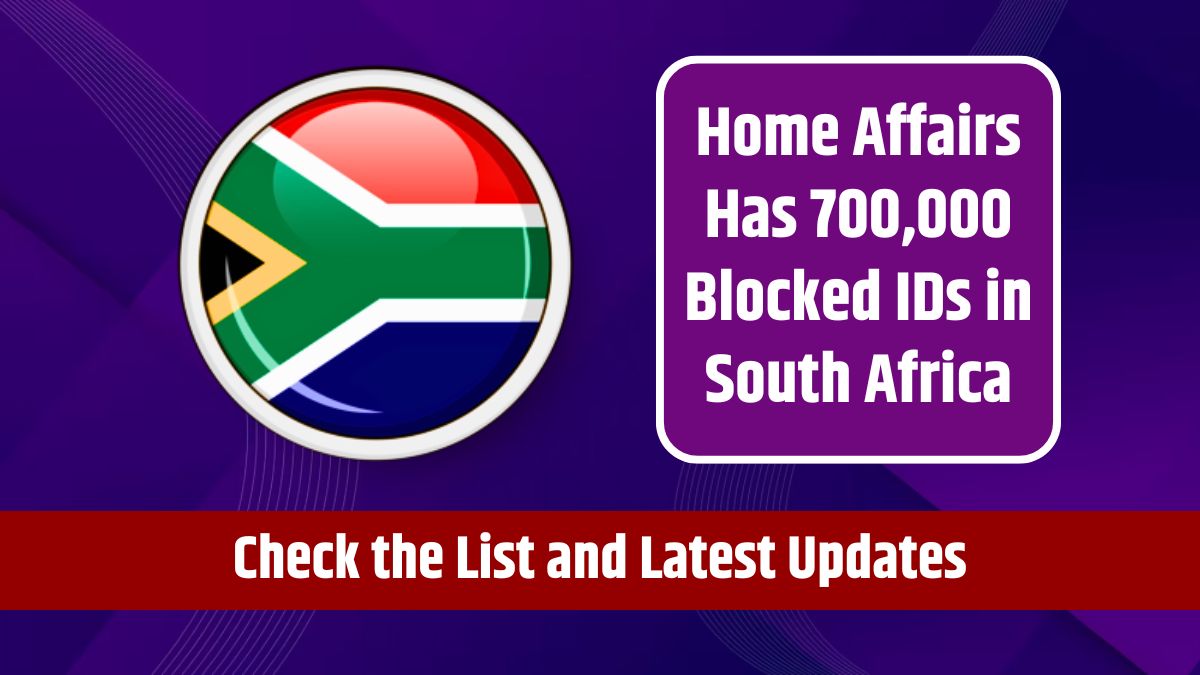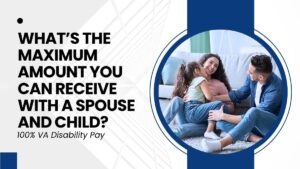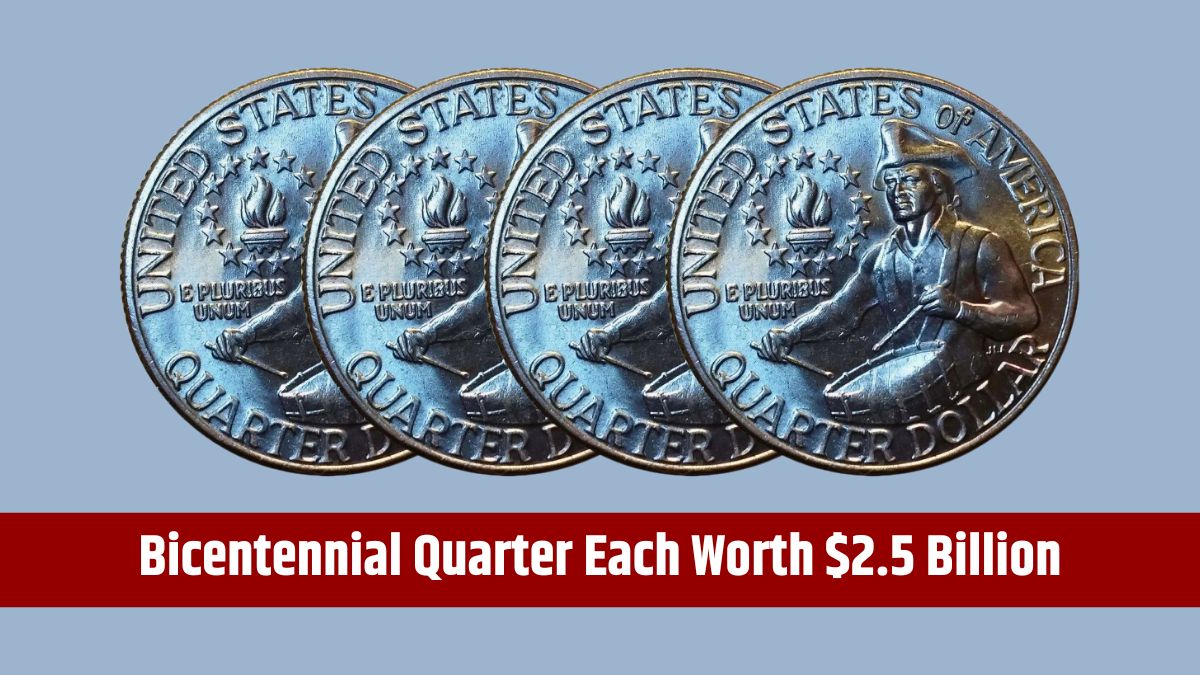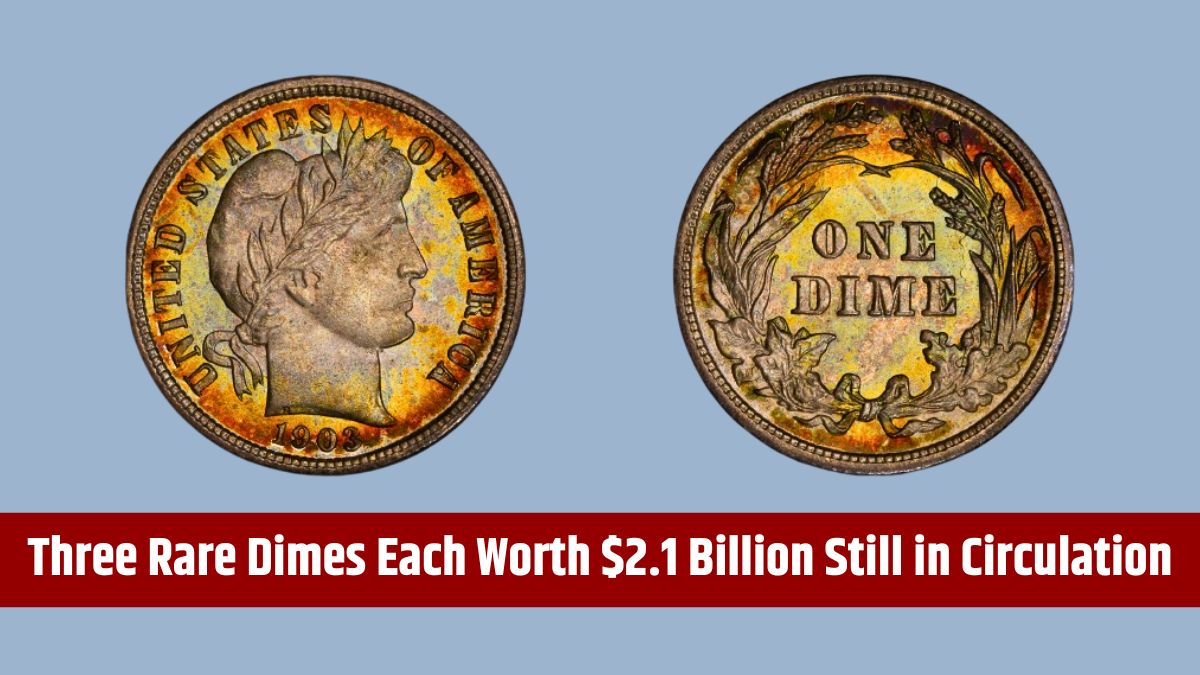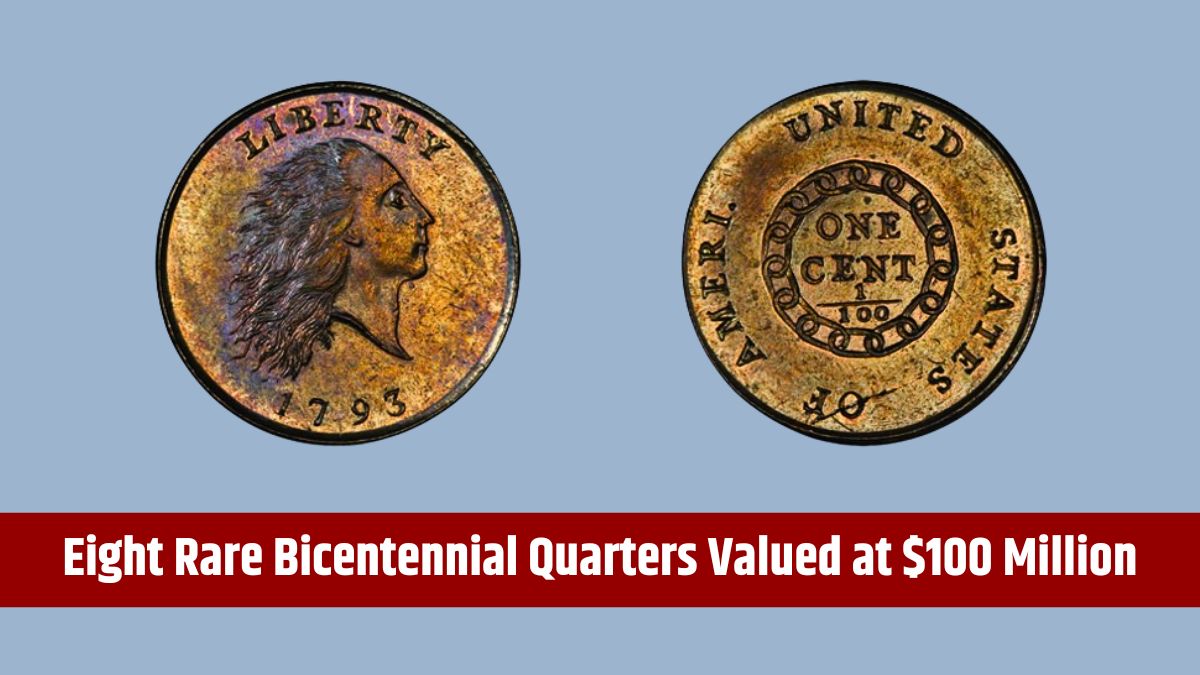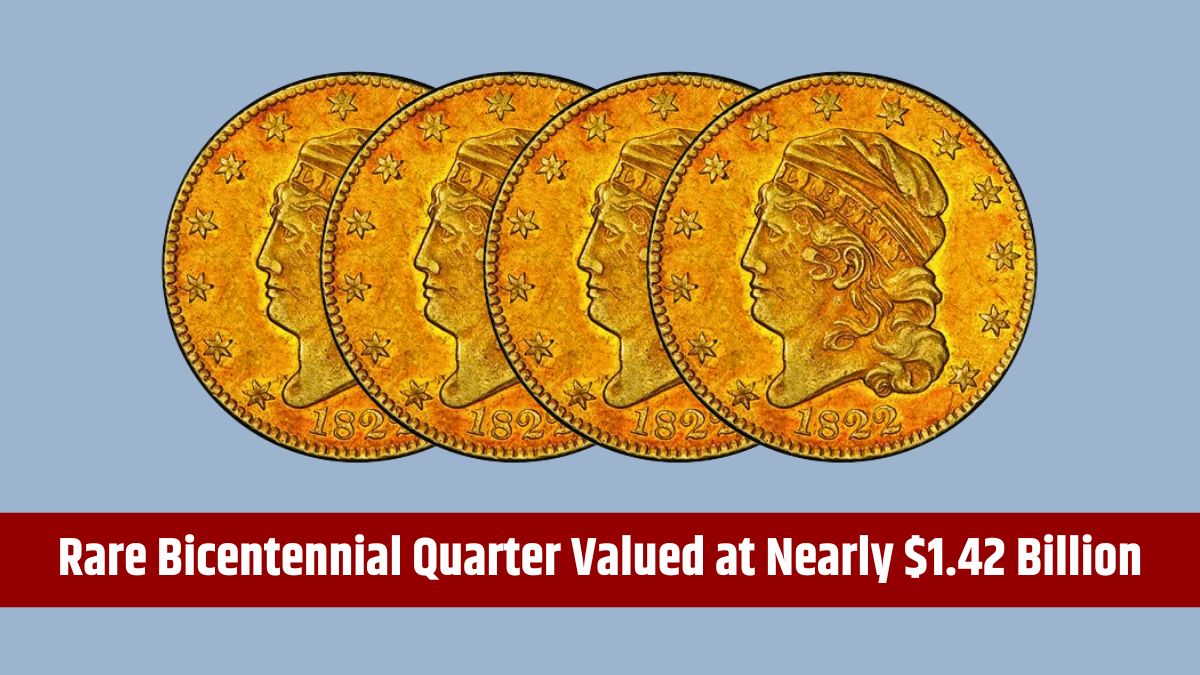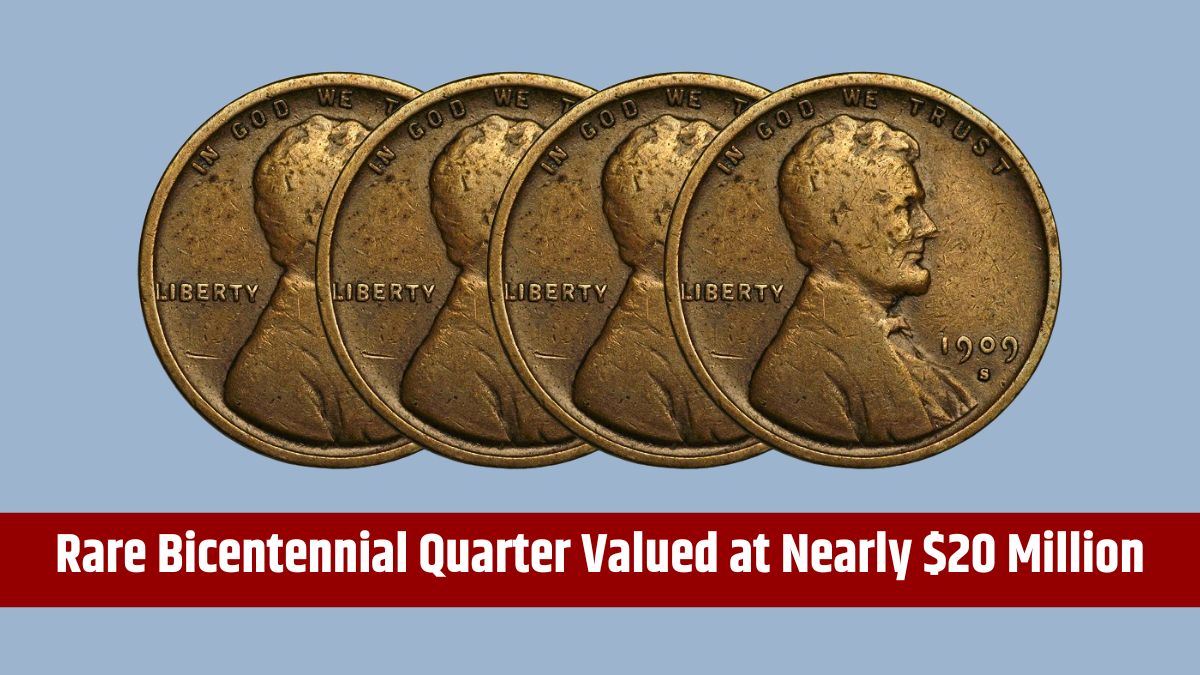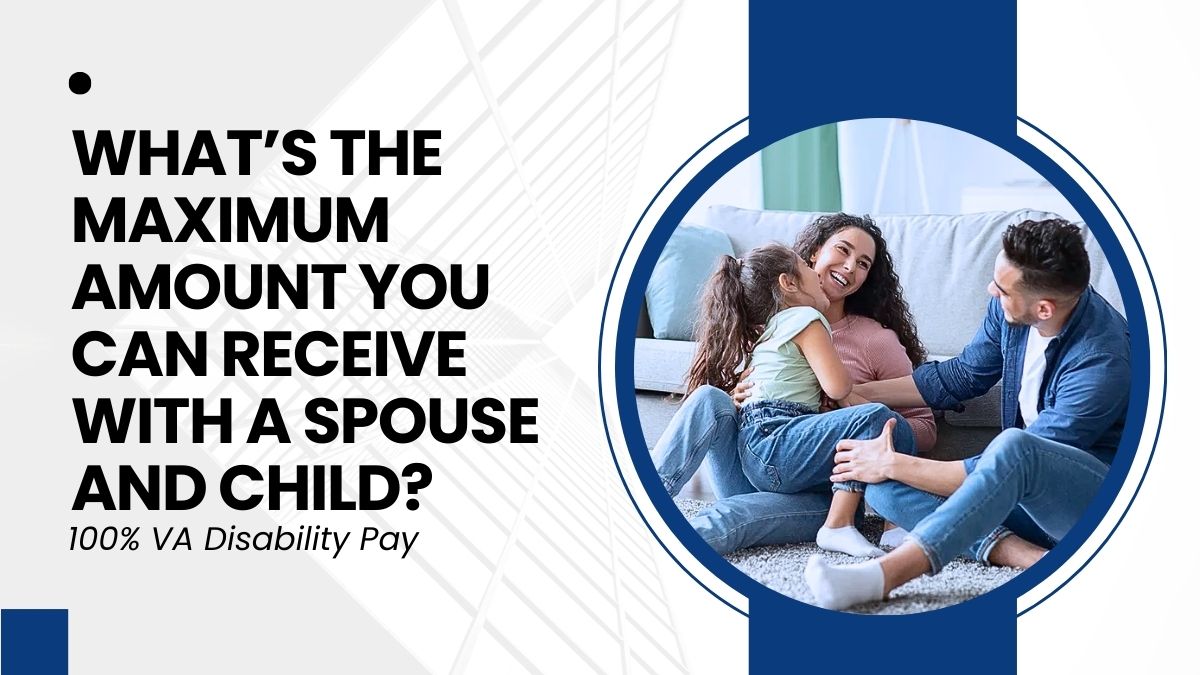In a significant ruling that could change the lives of many South Africans, the Gauteng High Court in Pretoria has declared the Department of Home Affairs’ (DHA) practice of blocking South African IDs as unconstitutional. This decision brings hope to hundreds of thousands of individuals who have been trapped in bureaucratic limbo, unable to access essential services due to their blocked identification documents.
Scope of the Issue
The court’s judgment comes as a relief to those affected by the DHA’s actions, which were initially intended to protect the integrity of the National Population Register. Since May 2012, the DHA has been blocking IDs it suspected to be fraudulent, without giving the individuals involved any prior notice or the chance to defend themselves.
This approach, which began with around 29,000 identity documents, grew exponentially, affecting over one million IDs by 2020. While the DHA has since unblocked 1.8 million IDs, more than 700,000 remain blocked, leaving these individuals in a precarious situation.
Unconstitutional Blocking Practice
The Gauteng High Court’s ruling, delivered by Judge Elmarie van der Schyff, found the DHA’s practice to be an unjust administrative action that violated the South African Constitution. The court emphasized that the mere suspicion of fraud did not justify blocking an ID without following due administrative procedures.
Read Also- SSDI Payment Schedule
Blocking IDs in this manner not only deprived individuals of their rights but also left them effectively stateless, unable to engage in everyday activities like obtaining passports, accessing education, or opening bank accounts.
The Human Cost
The impact of this unconstitutional practice has been severe. Individuals with blocked IDs have found themselves unable to perform basic functions, rendering them almost invisible within the system. This “ghosting” effect extends beyond adults, affecting children whose parents’ IDs have been blocked, further exacerbating the difficulties these families face.
One notable case is that of Phindile Mazibuko, an Eswatini citizen living in South Africa since 1998. Her ID was blocked, jeopardizing her permanent residency status. This case, brought forward by Lawyers for Human Rights (LHR) and supported by Legal Wise South Africa, was a public interest matter aimed at unblocking IDs and restoring the affected individuals’ rights. LHR argued that the blocking of IDs was unconstitutional as it rendered people stateless and unable to access essential services, thus violating their basic human rights.
Court’s Decision
Judge Van der Schyff’s ruling acknowledged the DHA’s responsibility to protect the integrity of the national population register but condemned the practice of blocking IDs without just administrative procedures. The court ruled that suspicion alone was insufficient to justify blocking IDs without a court order.
In response, the DHA admitted that its actions were inconsistent with the Constitution and claimed to have developed a more transparent system for managing the population register, though concerns remain.
Moving Forward
The court has ordered the DHA to reassess whether unblocking the currently blocked IDs would pose a security risk and to determine the status of LHR and Legal Wise clients within 90 days. The judgment’s declaration has been suspended for 12 months to give the DHA time to comply with the court’s order. LHR has welcomed the ruling, seeing it as a crucial step toward ensuring a fair and just administrative process.
Palesa Maloisane, LHR’s Legal Consultant for Statelessness, highlighted the importance of this judgment in preventing statelessness and restoring citizenship and dignity to those affected. LHR hopes the DHA will swiftly resolve the cases, especially those involving children, so that the affected individuals can reclaim their lives and access essential services.
Check Your Status
If you suspect that your ID may be one of the 700,000 still blocked, it is essential to check your status and take the necessary actions. You can contact the DHA directly or seek assistance from organizations like LHR to ensure your rights are restored. This ruling marks a significant step towards justice and dignity for all South Africans affected by this unconstitutional practice.
The Gauteng High Court’s decision is a victory for human rights and the rule of law in South Africa. It underscores the importance of fair administrative processes and protecting individuals’ rights against arbitrary state actions. As the DHA works to comply with the court’s order, there is hope that those affected will soon be able to fully participate in society, free from the constraints of a blocked ID.
FAQs
What caused the blocking of IDs by Home Affairs?
The DHA blocked IDs suspected of being fraudulent without following proper procedures.
How many IDs are still blocked in South Africa?
Over 700,000 IDs remain blocked, despite 1.8 million having been unblocked.
How can I check if my ID is blocked?
You can contact the DHA or seek help from Lawyers for Human Rights (LHR).
What was the court’s ruling on blocking IDs?
The court declared the practice unconstitutional and ordered the DHA to reassess blocked IDs.
What should blocked ID holders do next?
Affected individuals should check their status with the DHA and seek assistance to restore their rights.

